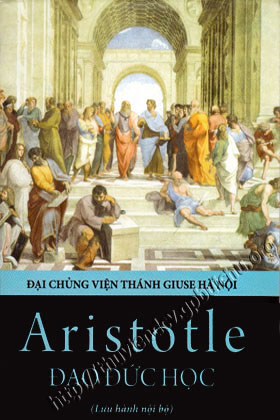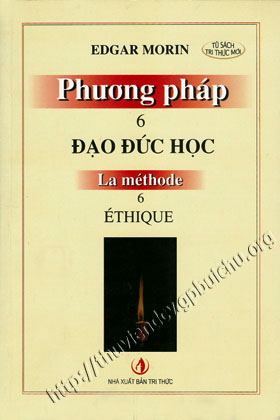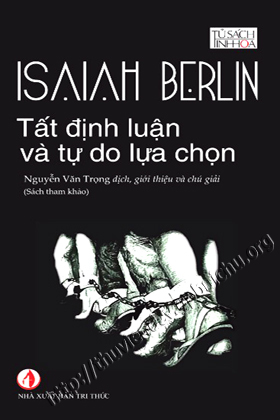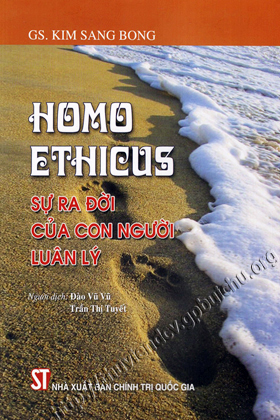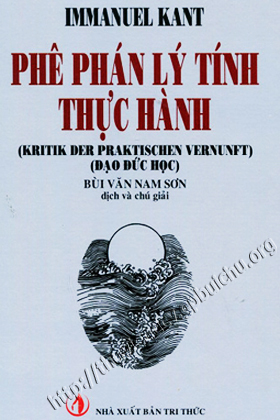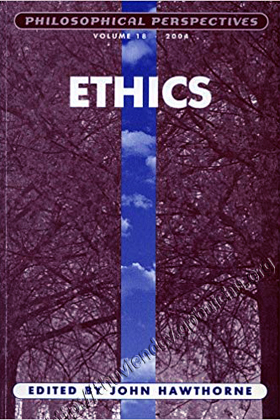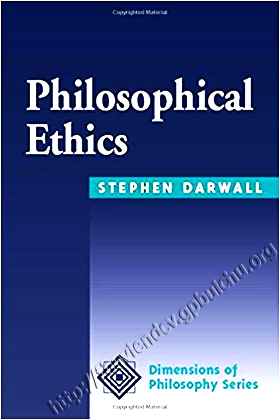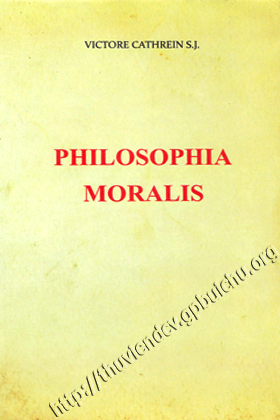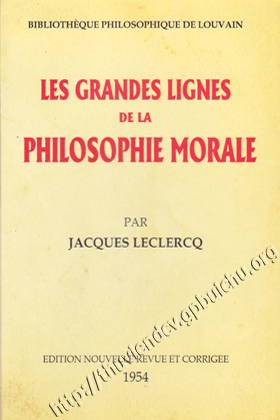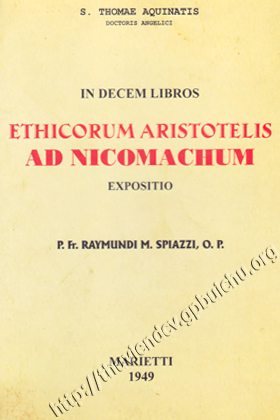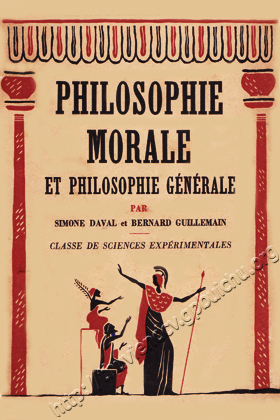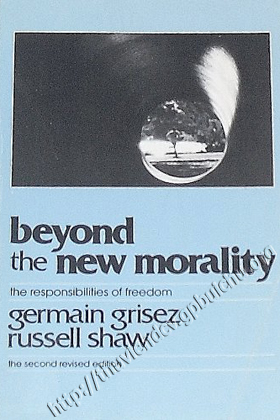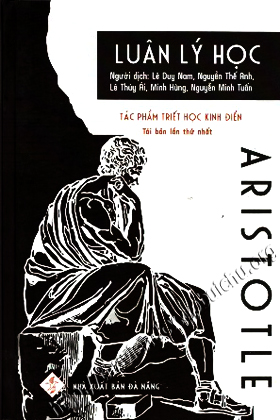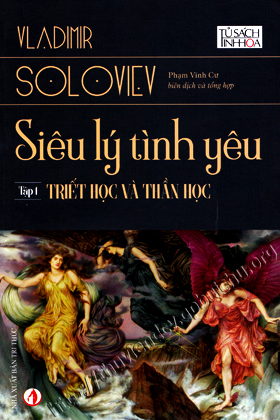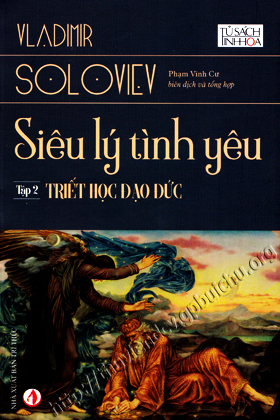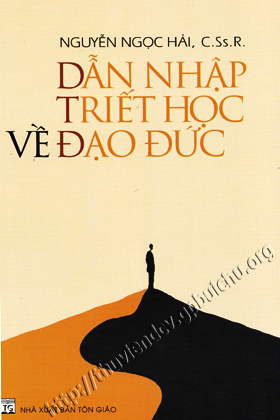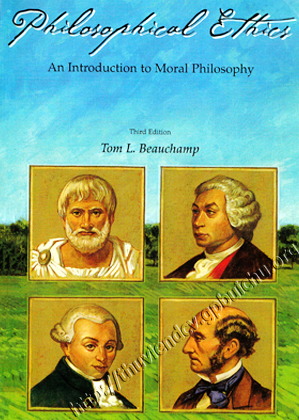
| Philosophical Ethics | |
| Phụ đề: | An Introduction to Moral Philosophy |
| Tác giả: | Tom L. Beauchamp |
| Ký hiệu tác giả: |
BE-T |
| DDC: | 170 - Triết học đạo đức |
| Ngôn ngữ: | Anh |
| Số cuốn: | 1 |
Hiện trạng các bản sách
|
||||||||||||||||
» Thêm vào danh sách tác phẩm yêu thích
| Preface | XI |
| Part One: Fundermantal Questions | |
| 1. Morality and Moral Philosophy | 3 |
| The Watergate Coverup | 3 |
| Morality | 4 |
| The Nature of a Moral Position | 7 |
| Ronald Dworkin: “The Concept of a Moral Position” | 7 |
| The Object of Morality | 11 |
| G. J. Wamock: “The Object of Morality” | 12 |
| Approaches to the Study of Morality | 16 |
| The Remainder of This Text | 18 |
| Suggested Supplementary Readings | 19 |
| 2. Relativity, Pluralism, and Individuality in Morals | 21 |
| Mercy Killing in Canada | 21 |
| Relativism in Morals | 22 |
| J. L. Mackie: “Relativism and the Claim to Objectivity” | 24 |
| Richard B. Brandt: “Relativism and Ultimate | |
| Disagreements about Ethical Principles” | 27 |
| Moral Disagreement | 34 |
| Alasdair MacIntyre: “Moral Disagreements” | 35 |
| Egoism | 42 |
| David Gauthier: “The Incompleat Egoist” | 50 |
| Suggested Supplementary Readings | 54 |
| 3. Justification and Truth | 57 |
| Organ Procurement Policies | 57 |
| Moral Arguments and Moral Justification | 59 |
| Internal and External Justifications | 60 |
| Ultimate Justification and Individual Choice | 65 |
| William K. Frankena: “Why Be Moral?” | 66 |
| Cognitivism | 69 |
| Noncognitivism | 73 |
| Moral Realism and Antirealism | 77 |
| David McNaughton: “Morality—Invention or Discovery?” | 79 |
| J. L. Mackie: “Subjectivism, Objectivism, and the Error Theory” | 86 |
| Reflective Equilibrium | 91 |
| John Rawls: “Some Remarks about Moral Theory” | 92 |
| Conclusion | 95 |
| Suggested Supplementary Readings | 96 |
| Part two: Classical Ethical Theories | |
| 4. Mill and Utilitarian Theories | 101 |
| Health Policy for Hypertension | 101 |
| The Objectives of Normative Theories | 103 |
| The Utilitarian Conception of Morality | 104 |
| John Stuart Mill: “Utilitarianism” | 106 |
| The Concept of Utility | 112 |
| Act Utilitarianism | 117 |
| J. J. C. Smart: “An Outline of a System of Utilitarian Ethics” | 118 |
| Rule Utilitarianism | 121 |
| Richard B. Brandt: “Some Merits of One Form of | |
| Rule - Utilitarianism” | 127 |
| Criticisms and Defenses of Utilitarianism | 127 |
| Robert Nozick: “Moral Constraints and Moral Goals” | 133 |
| Conclusion | 137 |
| Suggested Supplementary Readings | 137 |
| 5. Kant and Deontological Theories | 140 |
| Plutonium Secrets | 140 |
| The Deontological Conception of Morality | 142 |
| John Rawls: “Utilitarianism and Deontology” | 144 |
| Kant’s Ethics | 147 |
| Immanuel Kant: “The Good Will and the Categorical Imperative” | 150 |
| Prima Facie Obligations | 156 |
| W. D. Ross: “What Makes Right Acts Right?” | 157 |
| Respect for Persons and Respect for Autonomy | 161 |
| Deontological Constraints | 165 |
| Thomas Nagel: “The Limits of Objectivity” | 167 |
| Criticisms and Defenses of Deontological Theories | 172 |
| Conclusion | 175 |
| Suggested Supplementary Readings | 175 |
| 6. Aristotle and Virtue Theories | 180 |
| The Virtues of Jane Addams | 180 |
| The Concept of Virtue | 182 |
| Aristotelian Ethics | 185 |
| Aristotle: “Moral Virtue” | 190 |
| The Special Place of the Virtues | 196 |
| Alasdair MacIntyre: “The Nature of the Virtues” | 200 |
| Can Virtues and Obligations Coexist? | 203 |
| Moral Ideals and Moral Excellence | 205 |
| Joel Feinberg: “Obligation and Supererogation” | 207 |
| Criticisms and Defenses of Virtue Ethics | 211 |
| Robert B. Louden: “On Some Vices of Virtue Ethics” | 212 |
| Conclusion | 216 |
| Suggested Supplementary Readings | 217 |
| 7. Hume and Humean Theories | 220 |
| Drinking Dessert Wines | 220 |
| Hume’s Moral Philosophy | 222 |
| David Hume: “The Principles of Morals” | 225 |
| Morals by Invention | 236 |
| J. L. Mackie: “The Content of Ethics” | 237 |
| Morals by Agreement | 242 |
| David Gauthier: “David Hume, Contractarian ” | 243 |
| The Voice of Moral Sentiment | 247 |
| Annette Baier: “Hume, the Women’s Moral Theorist?” | 251 |
| Criticisms of Humean Ethics | 256 |
| Conclusion | 258 |
| Suggested Supplementary Readings | 258 |
| Part Three: Topics In Moral And Social Philosophy | |
| 8. Rights | 263 |
| The Taliban in Control | 263 |
| Rights and Human Rights | 265 |
| Liberalism and Its Communitarian Critics | 268 |
| Joel Feinberg: "Liberalism and Dogmatism” | 268 |
| The Communitarian Rejection of Liberalism | 273 |
| Charles Taylor: “Atomism” | 275 |
| eremy Waldron: “ When Justice Replaces Affection: | |
| The Need for Rights ” | 279 |
| Rights against Oppression | 284 |
| Susan Moller Okin: “Feminism, Women’s Human Rights, | |
| and Cultural Differences” | 285 |
| Types of Rights | 290 |
| The Contingency of Rights | 294 |
| Right-Based Ethical Theories | 299 |
| Conclusion | 301 |
| Suggested Supplementary Readings | 301 |
| 9. Justice | 305 |
| Nuclear Fallout in the Marshall Islands | 305 |
| The Nature of Justice | 307 |
| Principles of Justice | 309 |
| The Libertarian Theory | 312 |
| Robert Nozick: “The Entitlement Theory” | 315 |
| The Egalitarian Theory | 322 |
| John Rawls: “An Egalitarian Theory of Justice ” | 325 |
| Criticisms of Theories of Justice | 335 |
| Alasdair MacIntyre: “Rival Justices, Competing Rationalities” | 336 |
| Susan Moller Okin: “The Family: Beyond Justice?” | 340 |
| Conclusion | 345 |
| Suggested Supplementary Readings | 345 |
| 10. Liberty | 348 |
| Restricting Access to the Internet | 348 |
| The Concepts of Autonomy and Liberty | 349 |
| The Valid Restriction of Liberty | 352 |
| John Stuart Mill: “On Liberty” | 356 |
| Legal Moralism | 359 |
| Robert R George: “Making Men Moral” | 362 |
| The Offense Principle | 366 |
| Joel Feinberg: " 'Harmless Immoralities' and Offensive Nuisances " | 369 |
| Paternalism | 373 |
| Gerald Dworkin: “Paternalism” | 377 |
| Conclusion | 383 |
| Suggested Supplementary Readings | 383 |








